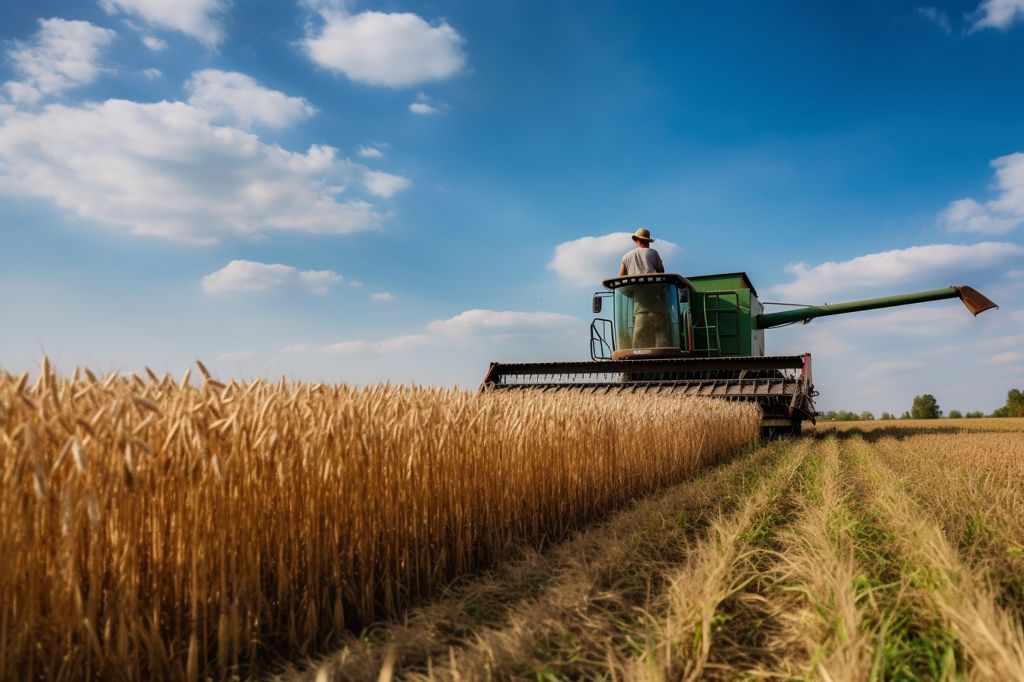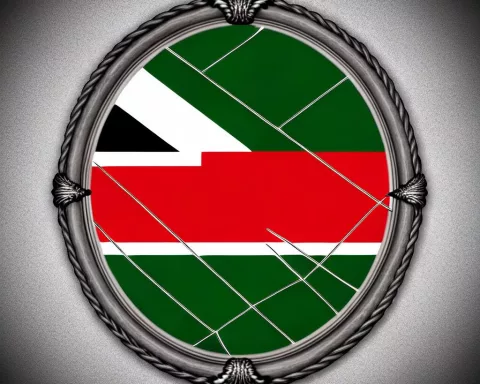Agriculture is a vital sector in the South African economy, contributing to the nation’s employment growth and social stability. The Minister of Agriculture, Land Reform, and Rural Development, Ms. Thoko Didiza MP, has expressed her encouragement regarding the sector’s overall contribution to employment in the country.
Growth in Agricultural Employment
According to recent data, primary agriculture employed around 888,000 people during the first quarter of 2023, showing an increase of 3% quarter to quarter and 5% year on year. This number surpasses the long-term agricultural employment benchmark of 780,000.
Resilient Provinces
The provinces of KwaZulu-Natal, Gauteng, and Western Cape have demonstrated resilience in contributing to this annual job improvement. These provinces have collaborated effectively with stakeholders, significantly supporting the agricultural sector. The positive employment outcomes in the first quarter can be attributed to the strong production conditions of various field crops, fruits, forestry, and aquaculture, particularly in these provinces.
Challenges and Opportunities
Despite the positive outlook, other provinces in the country have faced challenges that negatively impacted employment at the beginning of the year. Factors such as excessive rains causing delays in crop planting, high input costs, and persistent load-shedding have been obstacles faced by farmers. However, the sector remains optimistic and is focusing on addressing these challenges and leveraging opportunities for growth.
Government Interventions
Minister Didiza highlighted government interventions designed to ease the burden of load-shedding on farmers. These include the launch of the Agro-Energy Fund with Land Bank, load curtailment by Eskom, and the expansion of the diesel rebate to the food value chain. Such initiatives are expected to positively impact the sector, providing support for farmers and agribusinesses to cope with the challenges and contribute to the nation’s overall employment growth.
Promising Harvest Season
The government’s Crop Estimate Committee projects a promising harvest for the 2022/23 commercial maize season, estimating around 15.9 million tonnes – a 3% increase compared to the 2021/22 season. The soybean harvest is expected to reach a record 2.8 million tonnes, with the sugar cane crop potentially increasing by 3% to 18.5 million tonnes in 2023/24. The positive outlook for various field crops and fruits supports better employment prospects over the medium term, creating opportunities for job seekers and fostering growth in the agricultural sector.
Concerns and Solutions
However, farmers and agribusinesses have raised concerns regarding geopolitical tensions and their impact on global trade. The Department of Agriculture, Land Reform, and Rural Development is committed to maintaining existing export markets for the country and expanding access to growing markets, ensuring that the agricultural sector remains a key driver of employment growth.
The department also recognizes the challenges posed by deteriorating infrastructure, which could potentially hinder the growth of the agricultural sector and limit its contributions to the job market. To address these obstacles and promote continuous growth and job creation in the sector, the department will collaborate with relevant departments and stakeholders to develop effective solutions.
In conclusion, agriculture is a crucial sector in South Africa’s economy, contributing significantly to employment growth and social stability. While the sector faces challenges, it remains optimistic and is focusing on addressing these challenges and leveraging opportunities for growth. The government and stakeholders are committed to supporting the sector, ensuring that agriculture remains a vital part of South Africa’s economy and job market.












